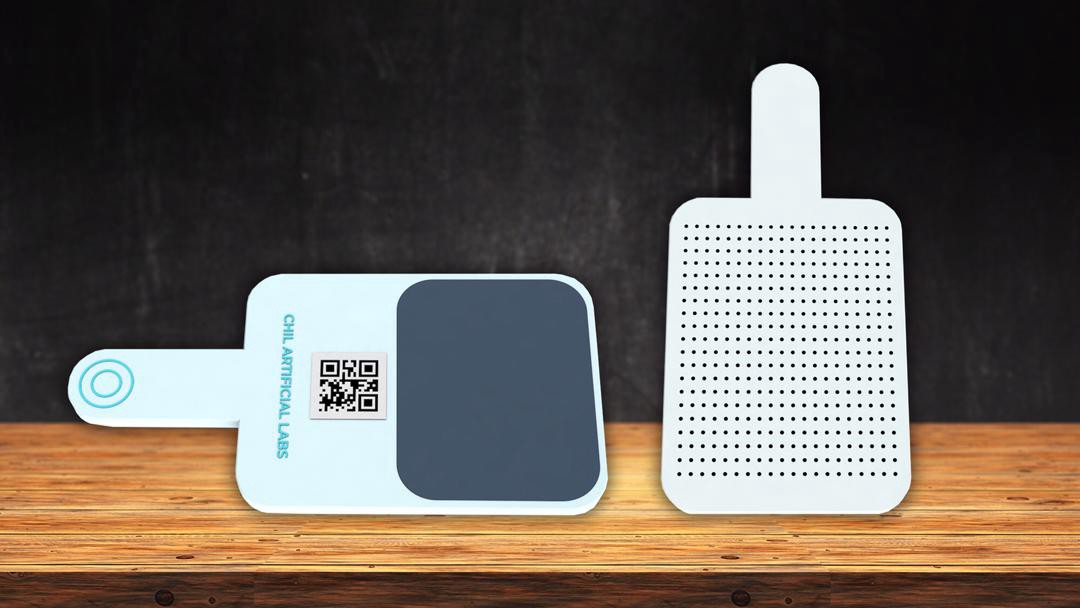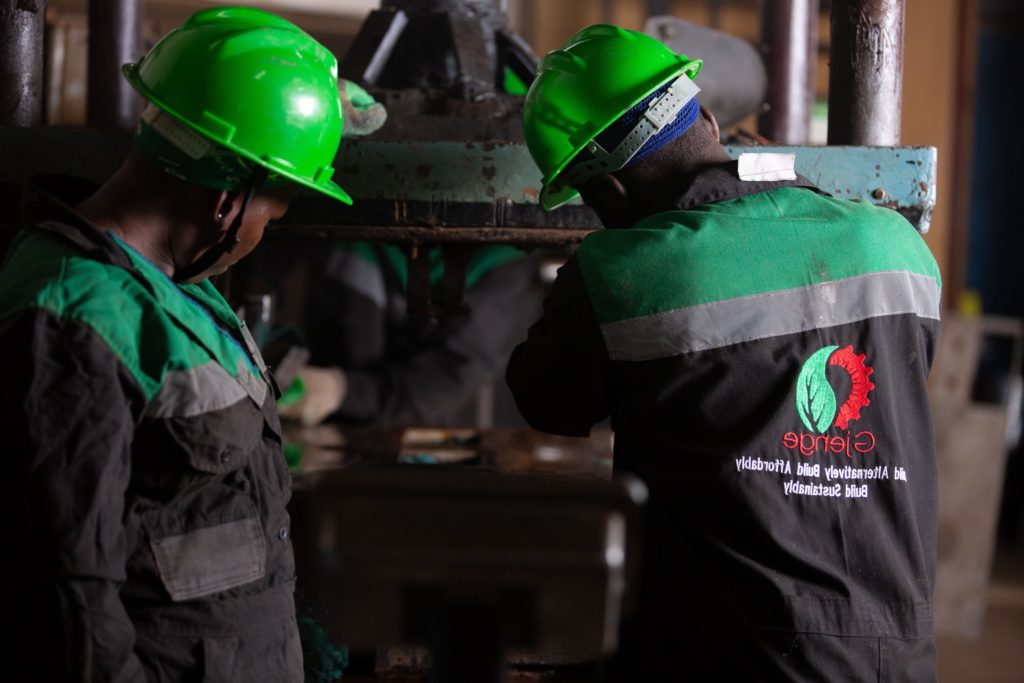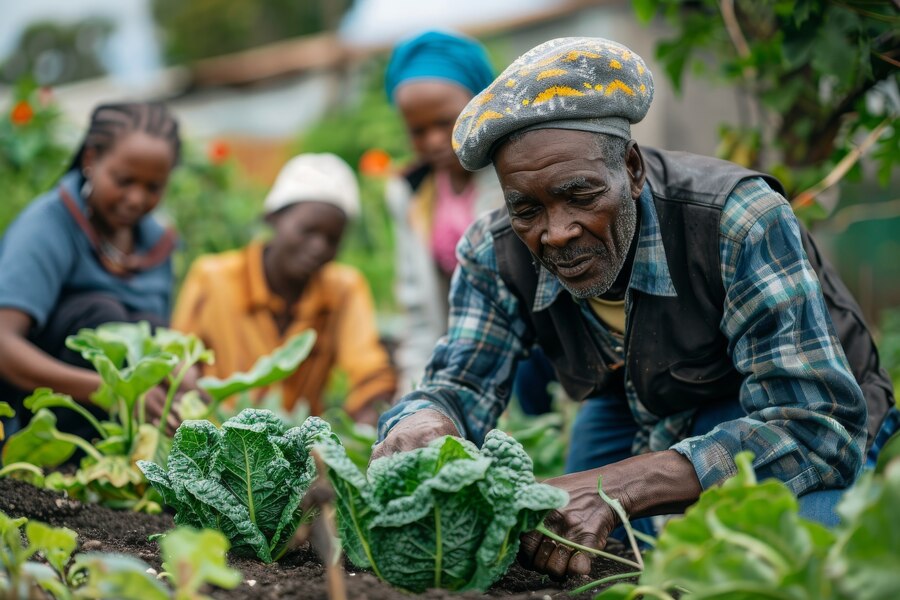Femtech, a technology sub-sector dedicated to creating solutions that address women's well-being, continues to gain traction and attract venture capital funding globally. In Africa, however, the sector is still in its nascent stage. Ugandan femtech Chil AI Lab is one of the few companies on the continent that is active in this field. It designs self-testing kits for cervical and breast cancer screening, offering women access to a less invasive, affordable and reliable method of early diagnosis. Let's discover Chil AI Lab, the young innovative company that works to achieve MDG 3, good health and well-being.
Fighting cervical cancer with artificial intelligence
In sub-Saharan Africa, cervical cancer is the second most common cancer in women. It is also the leading cause of cancer deaths in this population. Unfortunately, it is often diagnosed late, causing a significant number of deaths that could have been prevented by early management of the disease.
And that, Chil Artificial Intelligence Lab (Chil AI Lab) which offers self-diagnosis kits based on artificial intelligence has understood this. The innovative start-up was founded in 2017 by Dr Shamim Nabuuma Kaliisa, a cancer survivor whose mother was taken by the same disease. Frustrated by the fact that women were often late arriving at the hospital, Kaliisa sought to offer them simple, early and more accessible screening services.
Thanks to its mobile telemedicine application powered by an Artificial Intelligence called Keti, women can now :
- consult with oncology experts;
- have samples taken and sent to laboratories;
- have their test results interpreted;
- be advised on the next steps to take.
Keti and the self-diagnosis kits are thus part of a group of useful solutions that promote less invasive, earlier and faster diagnosis for women.
A payment method designed and adapted to African realities
Available in Uganda, DRC and South Sudan, Chil AI Group has developed a smart card savings plan accessible to help cancer patients meet the initial medical costs. For example, in Uganda, where health insurance penetration is less than 5%, the majority of the population is left with the burden of meeting the full medical costs. This can be a major barrier to accessing care for women in need, hence the usefulness of this system.
How does it work in practice? A card is issued when the user registers on the website and is instructed to download a mobile application and then choose a savings package through which they can make daily, weekly or monthly fund transfers of at least US$1. With this smart card, users can digitally pay for their family's initial health costs with the amount saved and available on the card.
In addition, people who do not have a smartphone can still obtain and recharge the cards by contacting the company directly.

Expansion in several sectors
Two years after its launch, Chil A Lab achieved an annual turnover of USD 300,000 and the kits were used in 25 countries. A few months later, the company transformed itself and started developing products in other sub-sectors, including fintech, agritech and the technology of drones specifically for women.
As part of its agritech activities, for example, Chil AI Group offers farmers a solar cooling shed technology solution that can keep market garden produce fresh for at least 24 days. This solution is provided in partnership with Solercool, an American solar cooling technology company.
Its drone services, in addition to healthcare, are used to deliver samples to laboratories, spray chemicals over large areas of farmland, or deliver items to e-commerce customers.

The young innovative company is also looking to robotics to automate its medical consultation, interpretation and referral services. This may seem like a pull in many directions, but partnerships with strategic international companies such as Solercool and ADAG Health make the deployment of all these services possible.
With a long history of cancer, Shamim Nabuuma Kaliisa has experienced the cancer journey from screening to treatment and the workings of the medical system. This immersion has enabled her to understand the needs of women and to propose a digital solution that offers integrated services to meet them.




